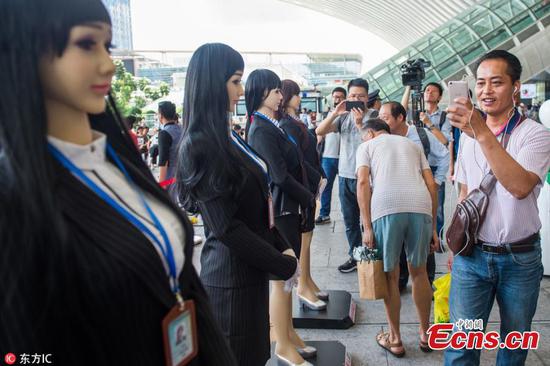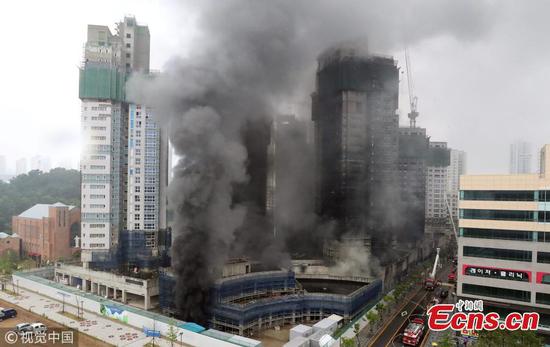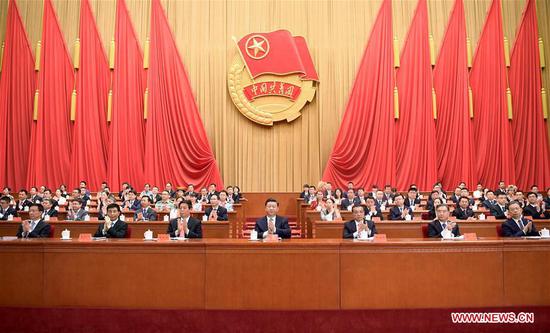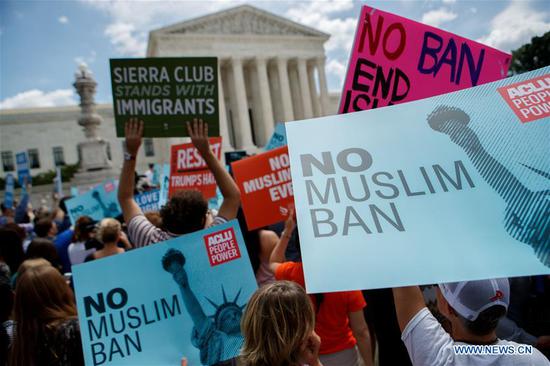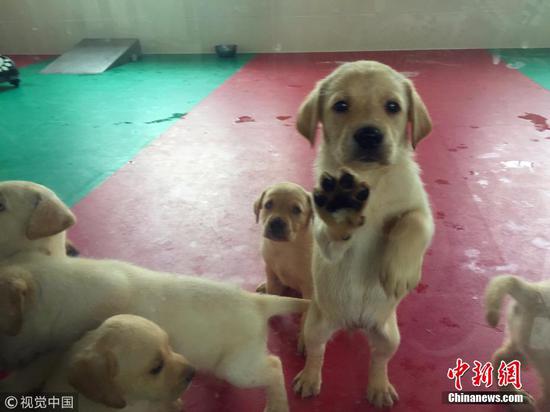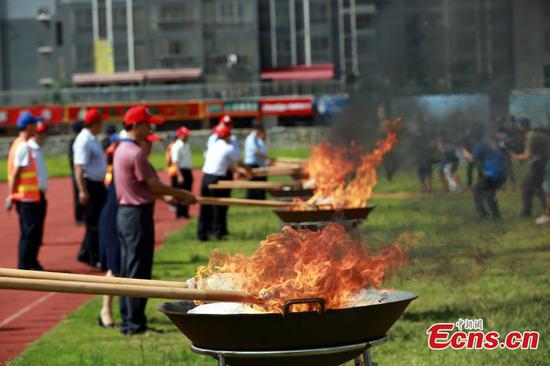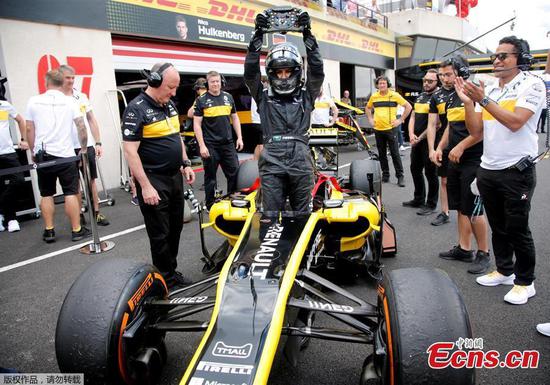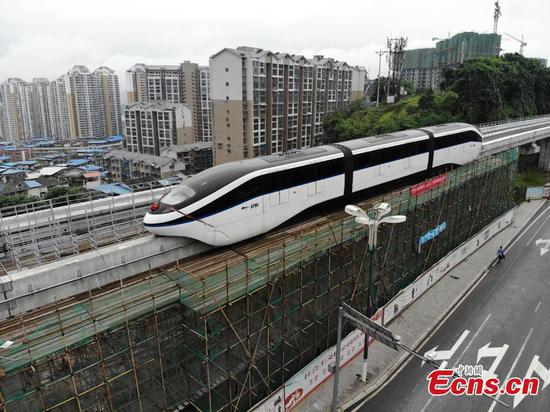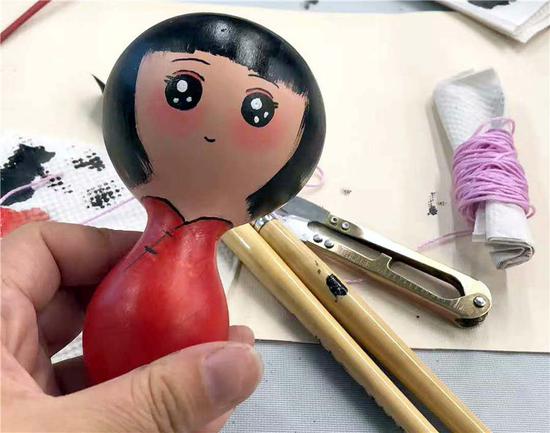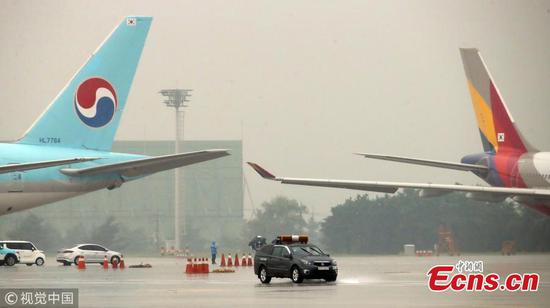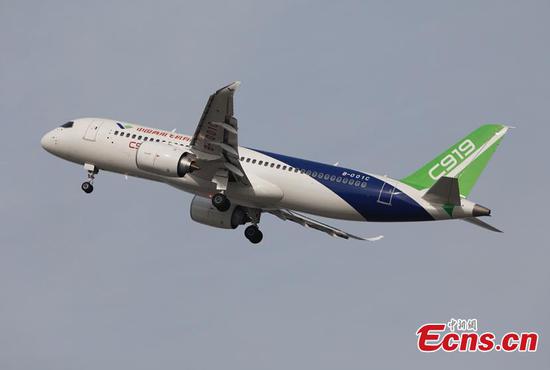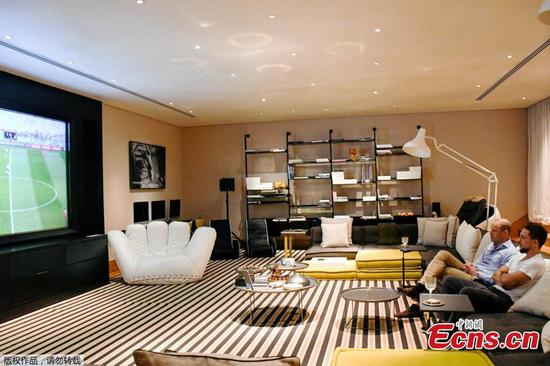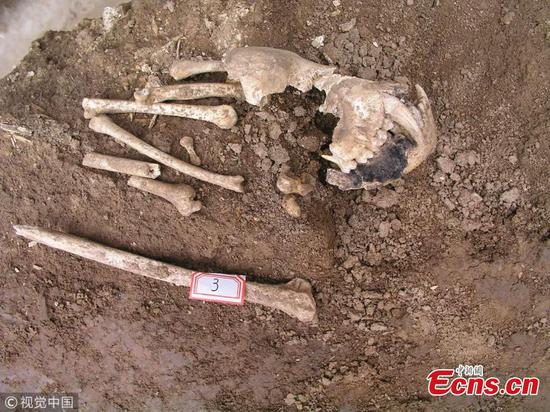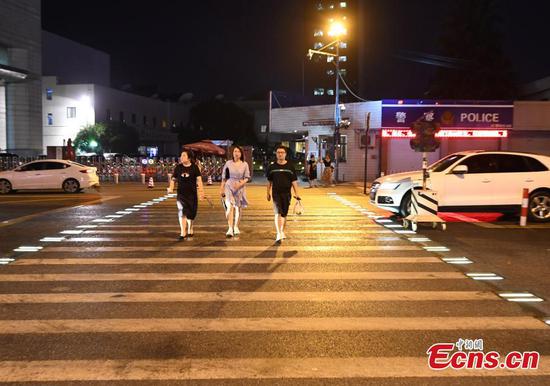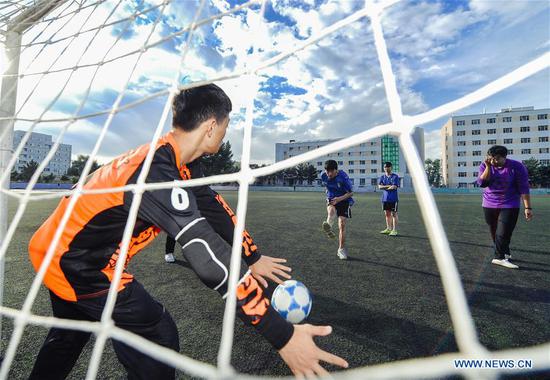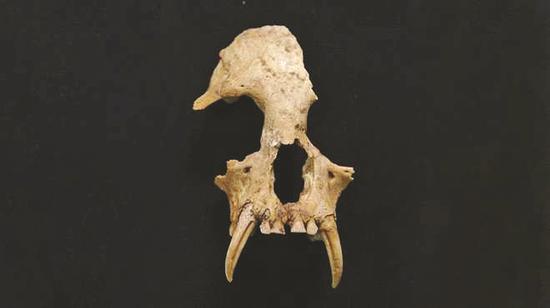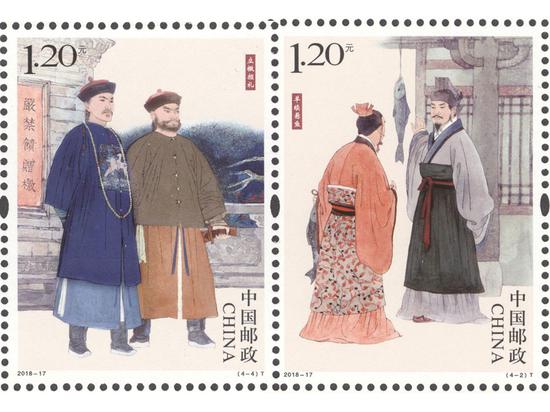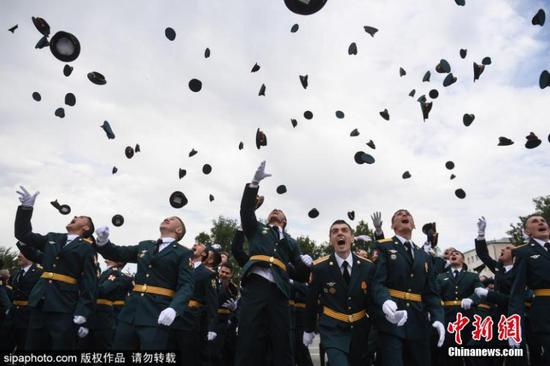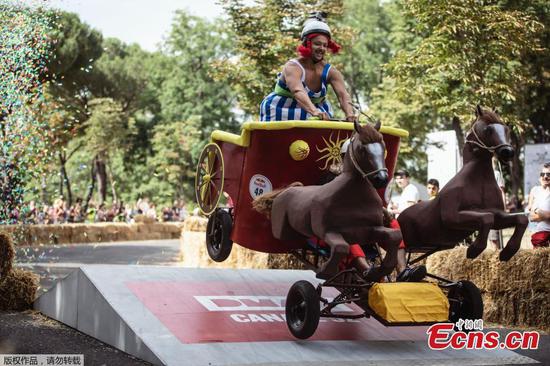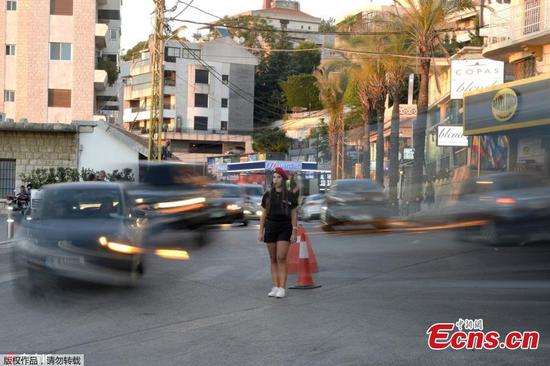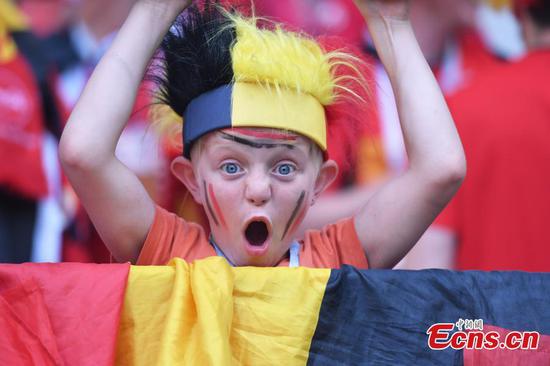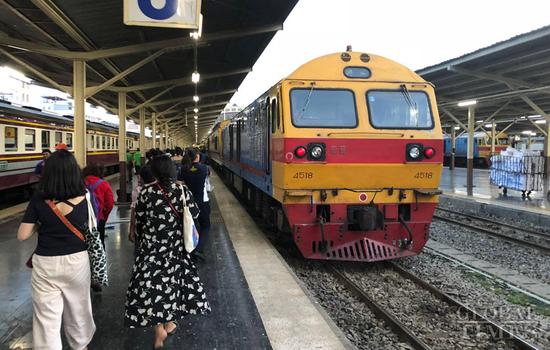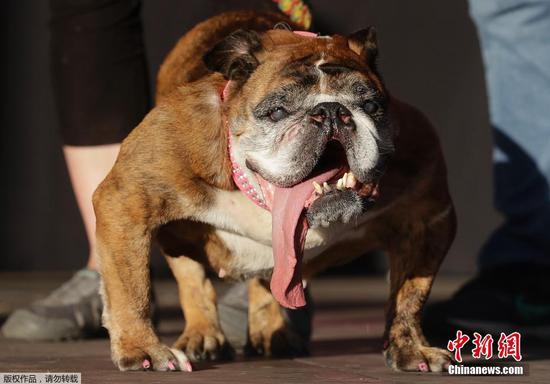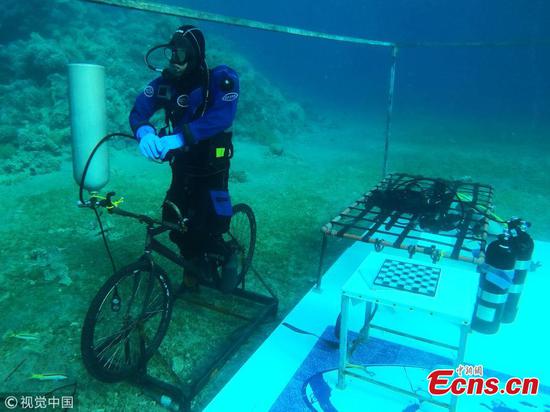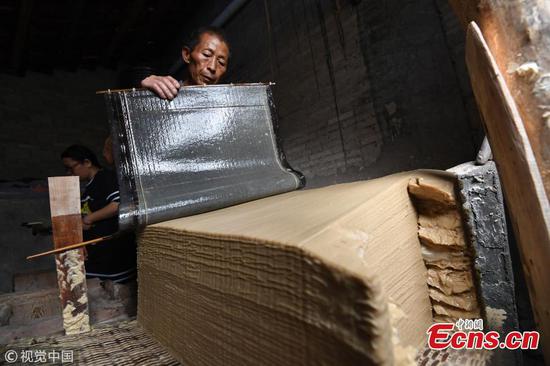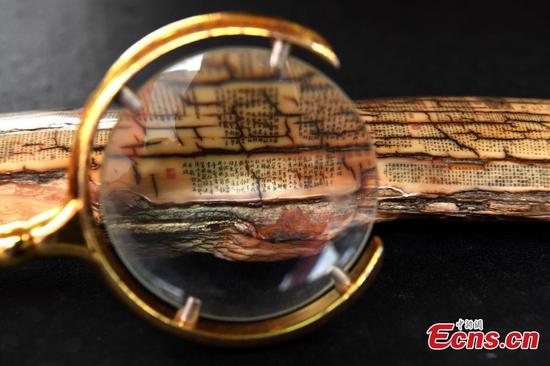The chance of getting a new car registration in Beijing reached a record low this month because of an increase in applicants for the license plate lottery, combined with a reduced quota.
According to data from the capital's Transport Commission, more than 2.8 million applicants participated in the lottery on Monday to get a license for a conventional car in Beijing.
The government gave out 6,333 licenses in the lottery, which meant the chance was 1 in 2,031 - slightly worse odds than for the lottery in April, which was 1 in 1,963.
Li Bin, 33, an IT engineer who has participated in the lottery for five years, said the success rate made no difference to him.
"No matter whether it's 1 in 2,031 or 1 in 1,963, it means nothing to me," he said. "I don't think I can get a plate anytime soon. So, I applied for a new energy vehicle license and gave up trying for a gas or diesel car, even though I really love driving a gas car."
Not that it is much easier to get a license for an electric car. According to data from the commission, about 280,000 people have applied for licenses for e-vehicles in Beijing, which means new applicants will be eligible in 2024 at the earliest.
During Monday's lottery, 4,135 people who failed to comply with court orders were barred from entering, a practice that started in April, when 4,017 defaulters were barred.
The capital introduced an annual quota for new car registrations in 2011 to ease traffic congestion and combat smog.
For the past two years, the cap has been set at 90,000 licenses for conventional vehicles, available only by entering a monthly draw, and 60,000 for new energy vehicles, which are distributed on a first-come, first-served basis.
The municipal government has cut the quota for gas and diesel cars by more than half to 40,000, an attempt to control the growing number of cars on the road.
Rong Jun, spokesman for the Beijing Transport Commission, said the lottery policy is far from perfect, but it's needed under the circumstances, since Beijing's population and demand for cars have surpassed the city's capacity.
Beijing aims to keep the total number of cars below 6.3 million until 2020. As of the end of 2017, the city had about 5.9 million cars. In 2011, when the lottery policy was launched, the number was around 4.98 million.









